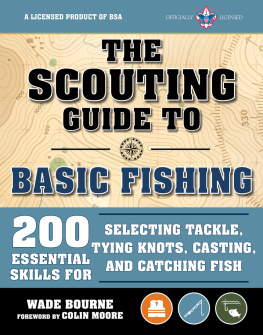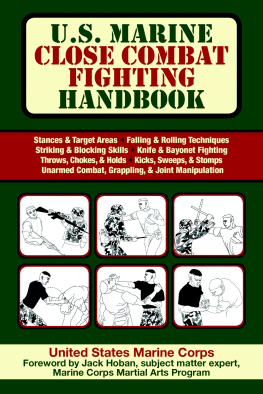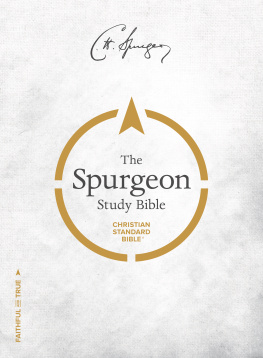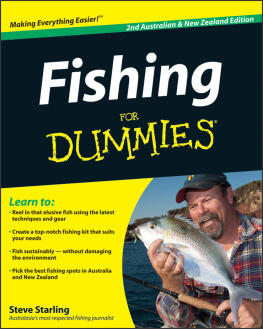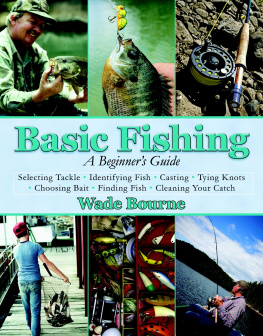
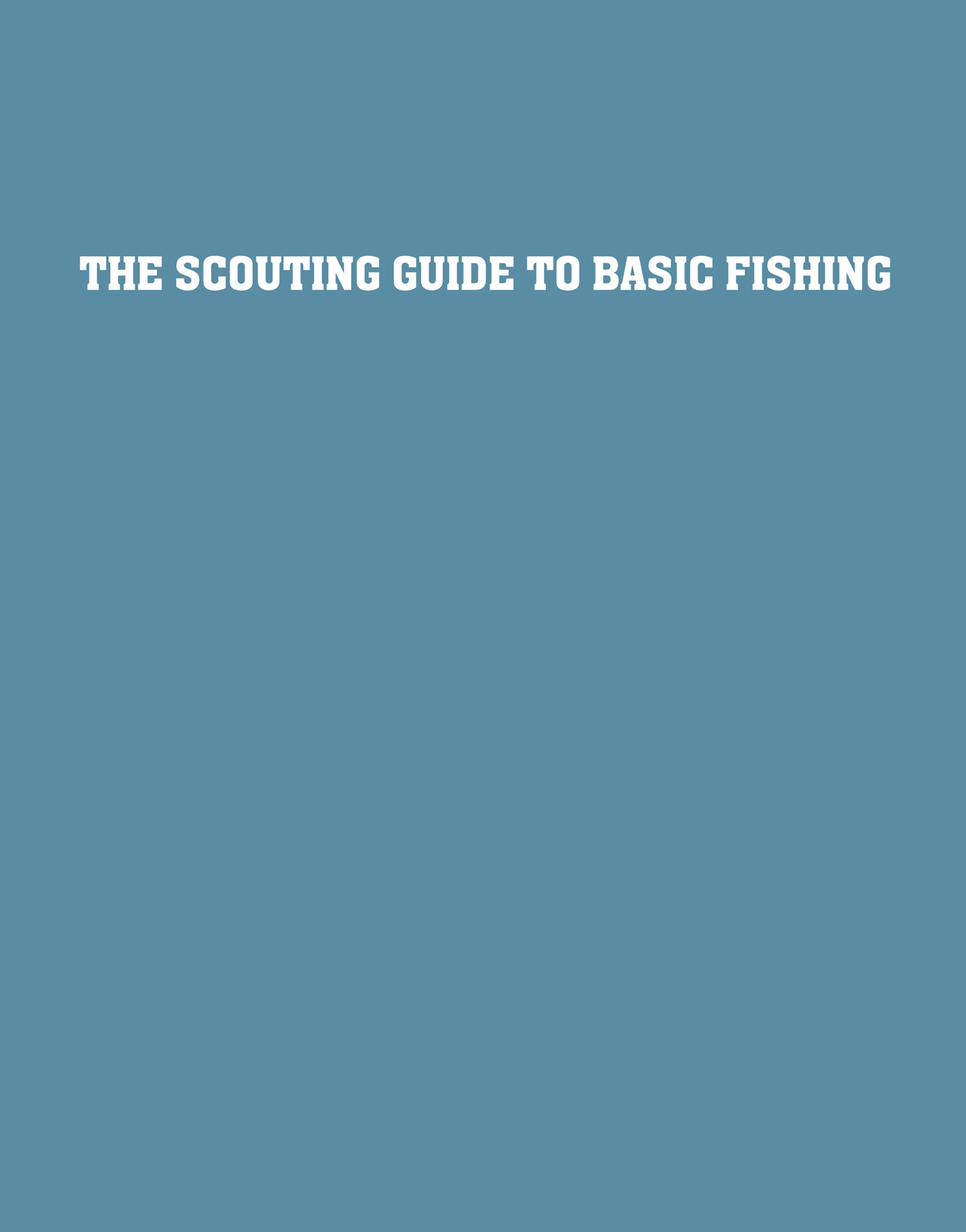

Copyright 2011, 2015 by Wade Bourne
Copyright 2019 by Rebecca Bourne
Logo Copyright The Boy Scouts of America
All rights reserved. No part of this book may be reproduced in any manner without the express written consent of the publisher, except in the case of brief excerpts in critical reviews or articles. All inquiries should be addressed to Skyhorse Publishing, 307 West 36th Street, 11th Floor, New York, NY 10018.
Skyhorse Publishing books may be purchased in bulk at special discounts for sales promotion, corporate gifts, fund-raising, or educational purposes. Special editions can also be created to specifications. For details, contact the Special Sales Department, Skyhorse Publishing, 307 West 36th Street, 11th Floor, New York, NY 10018or .
Skyhorse and Skyhorse Publishing are registered trademarks of Skyhorse Publishing, Inc., a Delaware corporation.
Visit our website at www.skyhorsepublishing.com.
10 9 8 7 6 5 4 3 2 1
Library of Congress Cataloging-in-Publication Data is available on file.
Cover design by Brian Peterson
Print ISBN: 978-1-5107-4275-8
Ebook ISBN: 978-1-5107-4279-6
Printed in China
PHOTO CREDITS
Photos by Wade Bourne, except for various product photos provided by manufacturers, and as noted below:
Colin Moore:
PRADCO Lures:
Duane Raver/USFWS:
Getty Images,
Bass Pro Shops:
Strike King Lures:
Jackson Kayaks:
Zebco/Quantum:
Gene Larew:
Michigan Department of Natural Resources:
Alex Bowers:
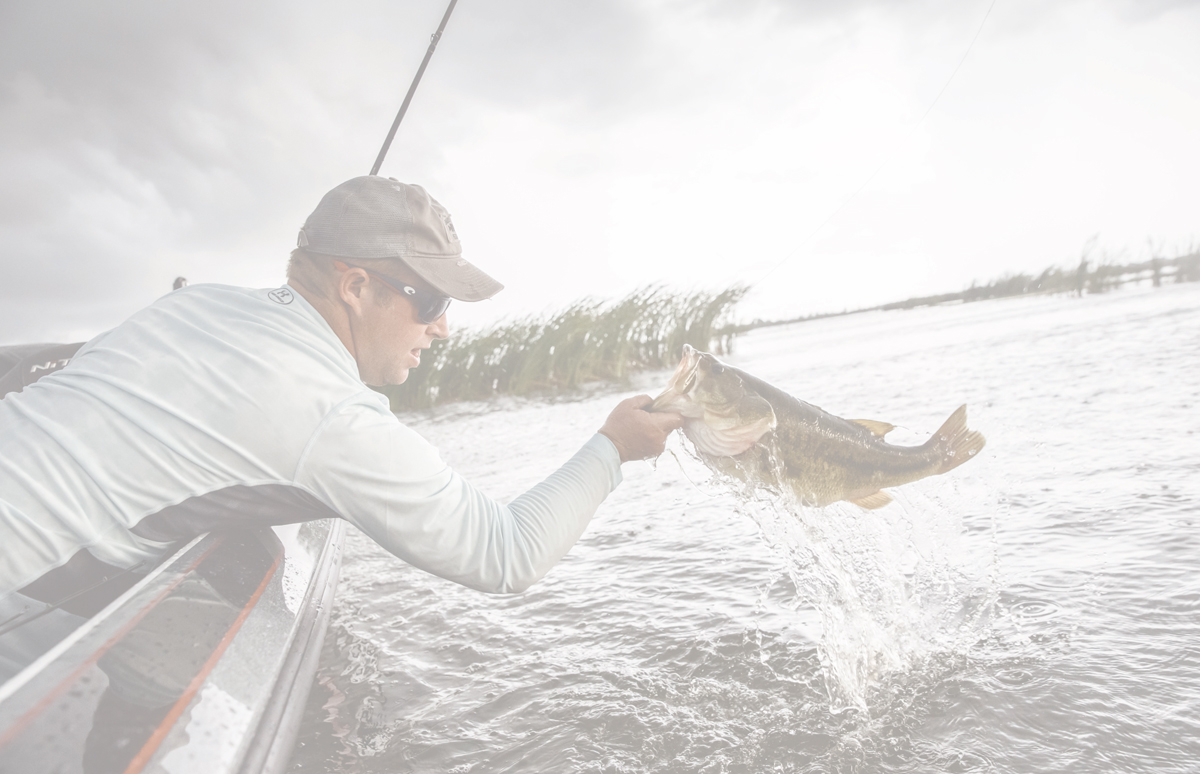
TABLE OF CONTENTS

FOREWORD
M uch has changed in the fishing world since Wade Bourne first published Basic Fishing. New ways of finding and catching fish have been developed. Fishing opportunities for anglers of all ages and experience levels have been expanded from coast to coast. The tools of fishing have been vastly improved. Much has changed, yet much remains the same in terms of gaining the expertise needed to be an efficient fisherman. A fish, an angler, a problem to be solved; the basics are always the same.
What is it about fishing that attracts us? Catching fish, certainly, but there is also that sense of satisfaction we feel when we figure out what it will take to catch a fish, and execute a successful game plan. This book is a shortcut; it will set you on the right path. It was written by one of Americas greatest outdoor communicators and is a good starting point for a lifetime of enjoyment on the water. Use it to master the basic skills needed to locate and identify fish, to select and use the proper fishing tackle and equipment to approach them, and present a bait or lure properlyto have fun.
There could be no better guide than Wade Bourne, the author of the original Basic Fishing. Bourne grew up closely attached to the outdoor world of western Tennessee. Through experience that began at an early age, Bourne learned all the skills needed to be a successful hunter and fisherman. Along the way, he also became an outstanding journalist.
Before his death in 2016 at the age of sixty-nine, Bourne had won acclaim as a newspaper and magazine writer and host of nationally syndicated radio and television programs that covered everything from bass fishing to waterfowl hunting. Among other positions of achievement, Bourne was an award-winning senior writer for Bassmaster magazine and an editor-at-large and on-air personality for Ducks Unlimited magazine and its TV show.
After a tour of duty as an Air Force pilot during the Vietnam conflict, Bourne began his career in journalism. A hard worker and a shrewd judge of what interested outdoorsmen, he quickly rose to the top of his profession, as numerous writing accolades reflect. A few years ago, when Bourne received one of several prestigious communicator awards gained during a career that spanned more than forty years, he spoke the following words:
Each day when I see the sunrise, feel the wind and hear the waves splashing, I thank my Maker for His creation and allowing me to enjoy it. These blessings continue to inspire me to spread the word that our outdoor resources should be protected zealously and the joys of fishing and hunting should bemust bepassed on to future generations.
Bourne spoke in thanksgiving then, but his words also represent a challenge now: go fishing, enjoy our natural resources, but be prepared to help take care for them.
As it is part of the Scouting series of books, The Scouting Guide to Basic Fishing can be a guide for those in Scouting who one day will serve as tomorrows leaders and assume their roles as primary caretakers of this countrys natural resources. At some point, the need for such skilled and responsible outdoorsmen will become more critical to society in general. Hopefully, this book will also serve as a training manual for you, the reader, to help fulfill that task.
Colin Moore
Former executive editor and bass columnist for Outdoor Life
INTRODUCTION/
DEDICATION
I became an avid fisherman almost as soon as I was old enough to hold a pole and watch a float bob on the water.
I was introduced to the sport by my father, Joe Bourne, who was one of the best crappie anglers Ive ever known. More than fifty years ago, he and my uncle Doug built a wooden johnboat, and they powered it with an old eighteen-horsepower Johnson outboard. Together they used this rig to fish on nearby Kentucky Lake, which at the time was the largest manmade lake in the world.
They were smart fishermen. They figured out how to find and work sunken drop-offs in the days before fish finders and electric trolling motors were in common use. My dad would sit backward in the bow of the boat, sculling with one hand and tight-lining minnows along the drops with the other. It was sort of an anglers balletvery coordinated, rhythmic, and graceful. His depth finder was a heavy egg sinker tied to the end of his line. He used a fly rod to continuously lift and lower this sinker up and down off bottom. When it took longer to bump, he knew the bottom was deeper. If it bumped shorter, the bottom was shallower. In this way, he could follow the old creek channel drops where the crappies were schooled. He and my uncle caught fish with amazing regularity!
My brother and I started going on these crappie trips when we were very young. My dad would rig us each a pole with a float and wed drag these behind the boat. We learned that when our float disappeared, if we lifted quickly, we could hoist up a crappie.
I still remember the excitement of those trips, the fun we had, and the coolers full of slabs wed bring home and clean for family fish fries. It was these early trips that instilled in me an enduring love for fishing, its challenges, its rewards, and its simple good times.
My dad passed away when he was almost eighty-eight years old. He left behind a legacy of exuberant good nature, caring for his family, and sharing his enthusiasm for fishing and hunting. Because he took the time to introduce my brother and me to the water and woods, we both became avid sportsmen.
Next page
